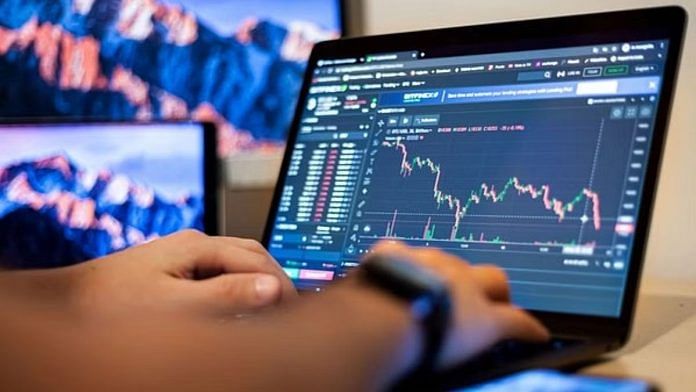There seems to be a renewed focus on regulating insider trading. The sanction against the practice should depend on how an insider is defined, and the damage caused by insider trading. Otherwise, we will end up spending a lot of resources on issues that potentially do not damage markets proportionately, and on cases that ultimately do not hold up on appeal.
Estimating damage from insider trading
Take the example of the CEO of a firm knowing that some big deal is going to get signed that benefits the firm. The CEO purchases a lot of shares before that event is announced to the world. The CEO’s violation is making money by buying shares cheap in the knowledge that the value of the shares is going to go up soon. The assumption here is that the party to the transaction, the seller of the shares in this instance, has lost out. If the seller knew that the prices were going to rise in a few days, then the person would have chosen to wait.
This may not always pan out in the way described. People sell their shares for multiple reasons, and some would have done so because they needed the liquidity at that point. These people would have still sold the shares even if they knew that prices may rise a few days later. As well, if the CEO purchases multiple shares over multiple days, then the prices will rise slowly. The person selling the next day benefits because the price will be higher than if the CEO had not purchased the shares. The person buying shares might also benefit if prices didn’t rise sharply on the day the news became public.
Such price discovery is fundamental to the function of a market, and one can imagine several instances where insider trading actually helps toward getting to prices that reflect all available information. Given that not everyone part of the transaction is a loser, the measurement of what damage to specific investors insider trading is causing needs to be better understood. This is especially because the quantum of penalties will depend on the damage caused. Some have argued that the suspicion that insider trading exists dampens market sentiment and prevents investors from trading in the market at all. However, the evidence for this is not well established.
Also read: The end of the Chinese growth miracle & Xi’s economic gamble to avert a Japan-like slowdown
Who is an insider?
The premise of insider trading rests on the fact that a person, by virtue of the person’s position inside a firm, has access to what is called “unpublished price sensitive information (UPSI)”. But is that enough? Someone, by listening to the news everyday, will have more information than someone who does not. That may be information that is published but in some obscure magazine that requires considerable effort. Do we want to punish the efforts by some investors to find more information about a firm? After all, price discovery happens because people trade on the information they have, and it is in their interest to find as much information as possible.
Insider trading is problematic because we expect a certain “level-playing field” between those managing a firm and those owning it—the latter comprising shareholders and potential investors. There is an expectation of “propriety” from a person who is in a position to know certain things that others do not. The idea is that only those who have some sort of fiduciary duty to shareholders should be considered insiders. The insiders are appointed by the shareholders and hold a position of trust. We could extend this and say that those closely connected with the person with a fiduciary duty, such as a family member or a service provider, should be considered an insider.
But can someone who just happens to come into possession of UPSI and mentions it to someone else be considered an insider? What is the obligation of a person, who chances upon information, to shareholders? The person has no relationship of trust with either the shareholders of the firm or the source of the information. It also places a burden on the person to first find out if what has been heard could potentially be UPSI, and whether the person could potentially be treated as an insider by the regulator.
Rethinking regulations
It is entirely possible that in several instances, there was malfeasance, with insiders making illegal gains or avoiding losses. While there is outrage about insiders profiting at the expense of hapless retail investors, the evidence of this and the effect it has on the market is weak.
The discussion on the need to regulate insider trading, and the design of the regulations, needs to be nuanced about who an insider is, the obligation that specific relationships impose that classifies someone as an insider. It needs to take into account some assessment of the actual damage that insider trading is causing to investors and to the market, instead of assuming that the damage is certain and substantial. This will also help the regulator establish whether the accused is an “insider” and find clearer connections between the size of the violation and the sanction imposed.
Renuka Sane is managing director at TrustBridge, which works on improving the rule of law for better economic outcomes for India. She tweets @resanering. Views are personal.



